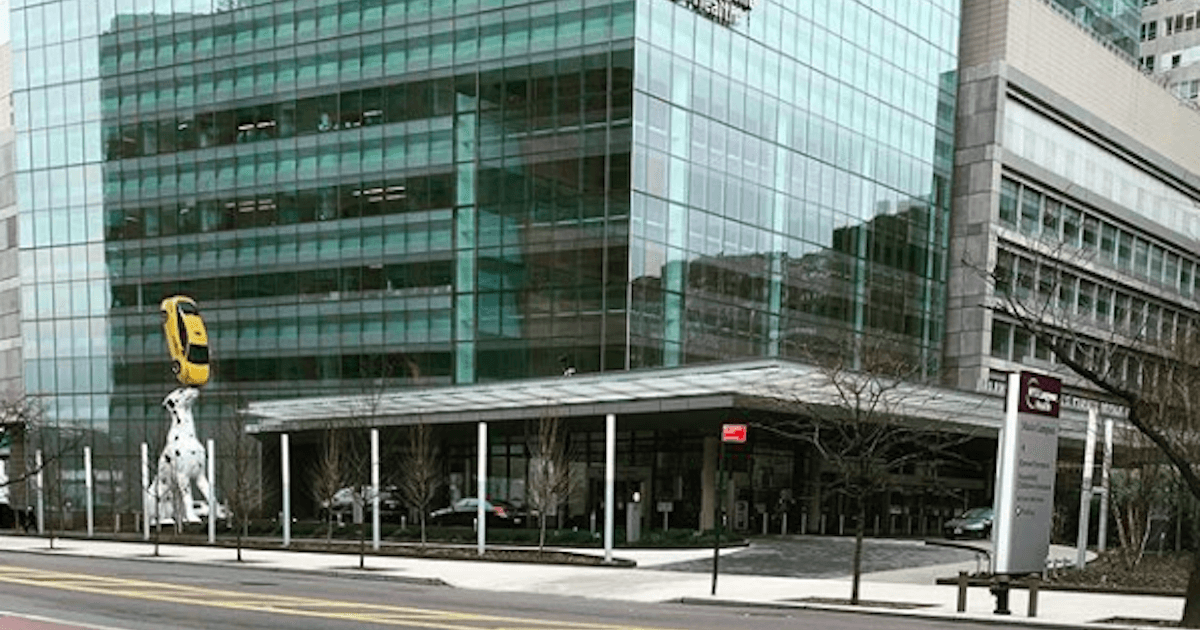How NYU Doctors Are Making Treatment Decisions During Covid-19
- Cancer patients in emergency situations will still have access to surgery, but elective surgeries are being postponed
- Visitations are suspended, which can leave patients without crucial advocates
- Critical decisions about treatment and policy are being made by committees which include oncologists and ethicists
“If there's a life threatening problem, that patient will get surgery, if not we'll put it off,” according to Dr. Weber. “Deciding if a cancer is aggressive, or if we can postpone surgery, is done by committee not just one doctor on their own.”
Read MoreAmid coronavirus, hospital committees may be forced to make other decisions concerning patients’ care in the hospital. A Wall Street Journal article claims that emergency room (ER) doctors at NYU Langone Health are being asked to “think more critically” about which patients will be able to be put on ventilators due to shortages. This equipment is essential for patients who aren’t able to breathe on their own, such as lung cancer patients and serious cases of Covid-19, but the and lack of resources could effect a cancer patient’s access to ventilators.
Like many hospitals in New York, medical professionals at NYU Langone Health are trying very hard to meet the extraordinary demand of Covid-19. This involves trying to balance sometimes competing priorities of patient care and staff safety, as well as factoring in changing state regulations, finances, and ethical dilemmas.
With all this change how will family members advocate for hospitalized patients?
“I don't think they're going to be able to,” Dr. Weber admits. “I don't think that'll happen. If a doctor has to intubate without the family present to inform them that's incredibly tough.”
Learn more about SurvivorNet's rigorous medical review process.

